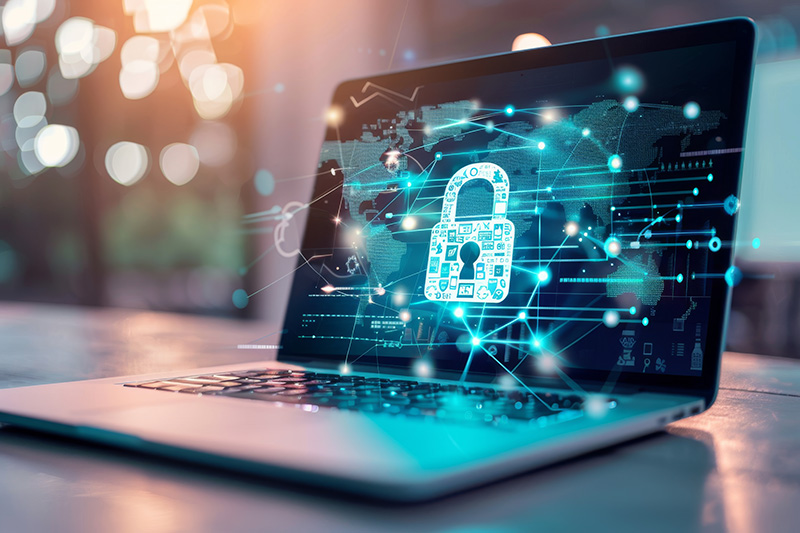For business owners, the primary goal is to make money. This makes perfect sense. Hence they focus on marketing strategies, product development, and other areas that directly impact sales. Other tasks, like data privacy and GDPR compliance for small businesses, end up in the back seat. However, these seemingly less important areas are of the foremost concern, right up there with revenue generation.
One reason GDPR compliance for small businesses doesn’t get the attention it requires is that many business owners lack awareness. There are also many rules that ordinary people don’t know about. One can easily miss a rule and get penalized without knowing what happened. Also, data privacy laws change frequently. In this blog, we will help you navigate the world of GDPR compliance for small businesses with relative ease.
Why Is GDPR Compliance Important for Business?
So why is GDPR compliance so important for business? GDPR stands for General Data Protection Regulation. It provides directives on how organizations should deal with personal data. Failure to comply with these regulations can lead to penalties. What’s worrying is that the fines are not small amounts, either. Each year, as much as 4% of the global annual revenue of small businesses goes towards these easily preventable charges. You certainly don’t want to throw away your hard-earned profits just on fines!
More importantly, though, GDPR compliance minimizes the risk of data breaches and other security gaps that can compromise your safety and reputation. By achieving full compliance, you are effectively safeguarding your operations. Ultimately, it’s up to you to ensure that your business meets global data protection standards.
Key Steps to Ensure Compliance for Small Businesses
It seems an overwhelming task at first but the road to complete GDPR compliance doesn’t have to be so bumpy. These key steps will help make the process smoother.
- Understand the process of data collection. Know which kinds of data to collect, where to store them, and how to use them without violating laws.
- Always get explicit consent. Making assumptions is a no-no when you’re working with data collection. Make sure individuals give consent before you take their information. You must also provide an opt-out option for those who don’t want to participate.
- Publish a clear and transparent privacy policy. How you collect, store, and use data must be clearly stated in an updated privacy policy that is easily accessible to everyone.
- Apply data security measures. A key part of GDPR compliance is the implementation of robust security measures for data protection. Be sure to include encryption, multi-factor authentication, and regular audits.
- Have a data breach response strategy in place. According to protocol, you must notify affected users and relevant authorities within 72 hours of a breach.
Conclusion
To help you achieve full GDPR compliance for small businesses, we have prepared a Data Breach Response Plan template that you can customize to align with your unique cybersecurity solutions. This resource is free to download and available right here. But what’s even better is to partner with an MSP that can guarantee your compliance, so you don’t have to spend time and effort doing it all yourself.
If you want to learn more about data privacy and compliance and how an MSP can help, just let us know. We’ll set you up for a free appointment at your earliest convenience!

